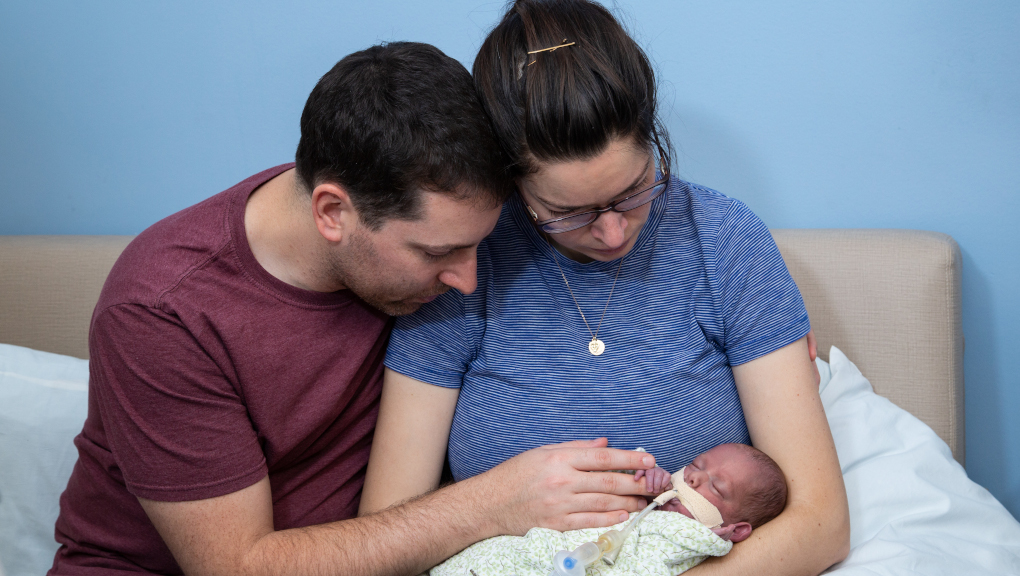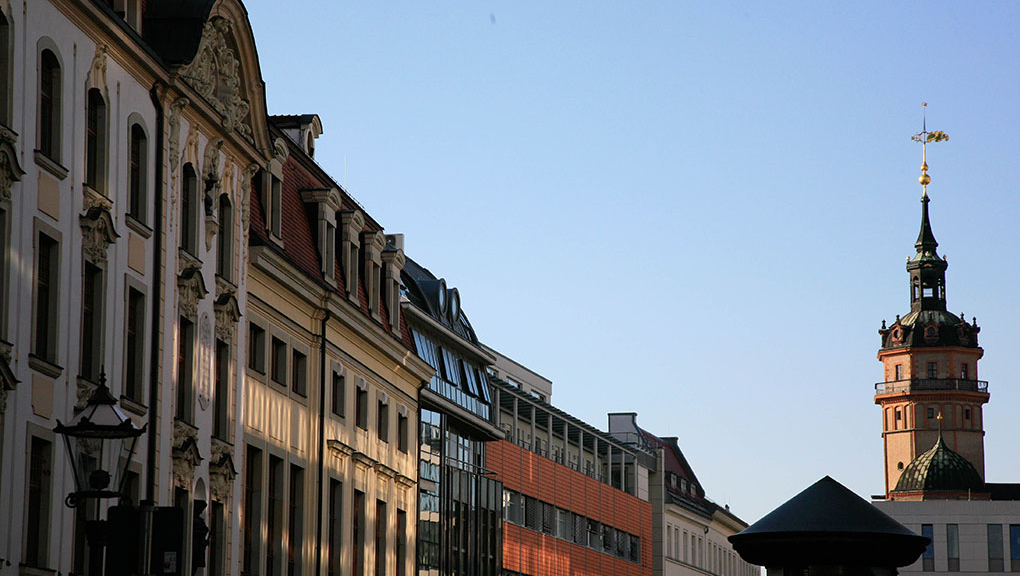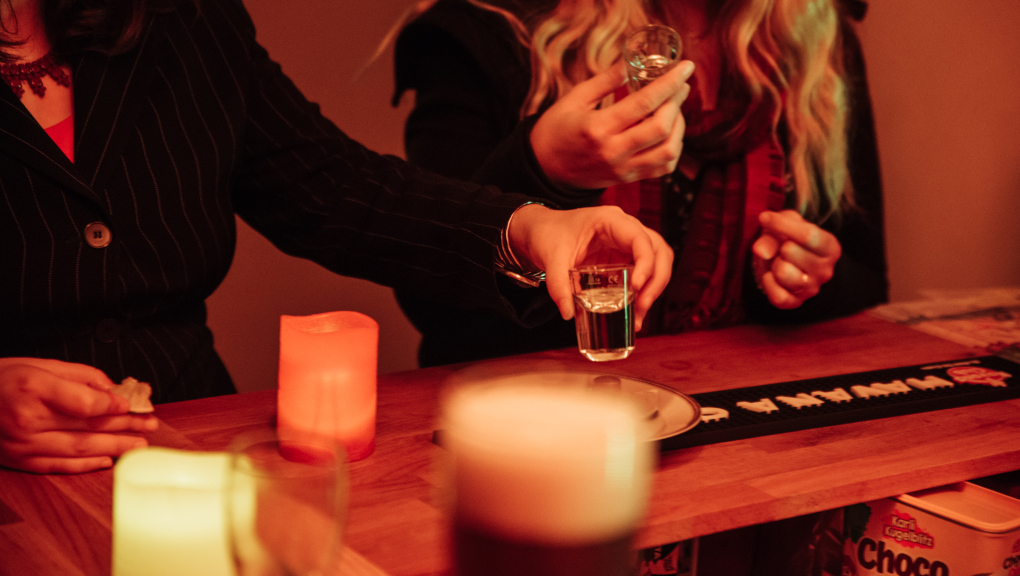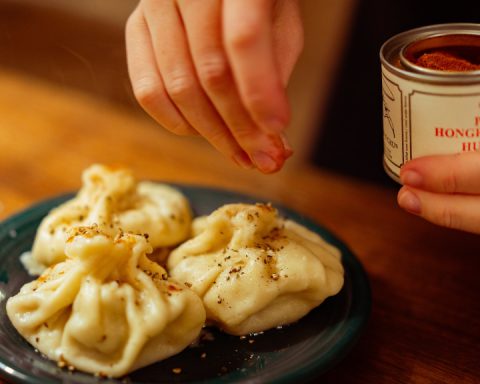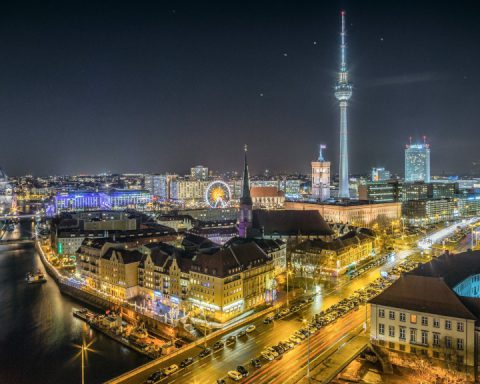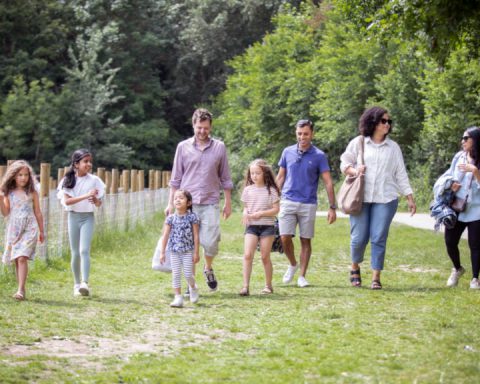A year ago, I was dreaming up travel adventures from the comfort of my Leipzig apartment. As an American expat living in Germany, I was humored by cultural differences and fascinated by the complexities of language. I delighted in the communal conveniences of public transport and universal health care. And I loved how easy it was to travel everywhere throughout Europe.
I was unequivocally happy with my adventurous and fulfilling life. I never could have imagined my new life, the one I acquired shortly after my repatriation back to the US: I am the mother to a dead child.
It was a challenge living our final year in Leipzig knowing that the contract that brought my husband and me to Europe would expire. But this never kept us from enjoying ourselves.
We sat with friends in Rosental and listened to the orchestra sending soundwaves into the sky. We sipped beers from the Musikpavilion and rode our bicycles along the Elster. We walked to Marktplatz to get ice cream at our favorite shop, no matter the weather (it’s Milchbar Pinguin, by the way – try the caramel). We devoured Döner knowing we wouldn’t find such preiswert delicacies back home. We hopped aboard buses, trains, and airplanes to arrive at destinations like France, Romania and Japan.
On one of those trips, my husband and I brought back a precious souvenir – a positive pregnancy test.
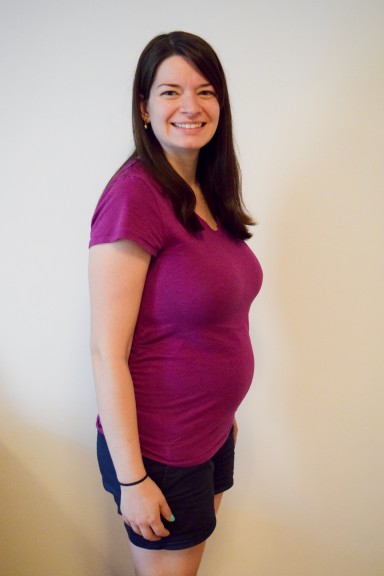
Being pregnant in Germany wasn’t nearly as frightening as I thought it would be. Of course, it helped that my Frauenarzt was fluent in English. I was scheduled for frequent check-ups and was allowed many more ultrasounds than is typical in the US. At each check-up, I was reassured that everything was progressing normally.
At 6 months pregnant, my doctor found that I had elevated blood pressure, but I wasn’t overly concerned, because I knew I was stressed about our imminent move. So, I took my prescribed medication and said goodbye to my doctor, my friends and my Leipzig home, and boarded a plane for Minnesota with my husband and a pregnant belly.
From there, the next few weeks were a whirlwind. On August 1st, we flew from Germany to the US. On August 7th, I had my first appointment with my American doctor. On August 8th, we put in an offer on a new house. On August 11th, we test-drove new cars. On August 15th, my husband departed for China on a work trip. On August 17th, our first shipment of household goods arrived from Germany. Also on August 17th, I had my second appointment with my new doctor – and I was immediately admitted to the hospital with preeclampsia.
I was 27 weeks pregnant, had just moved to a new city, and was entirely alone.
At the hospital, I was panicking, but I was endlessly thankful that the nurses all spoke the same language as me. They poked and prodded and administered medications while I lay stunned and confused. Suddenly, doctors were talking about taking my baby out. I was terrified. I wasn’t even in the third trimester of my pregnancy.
I made the expensive international call to my husband in China and frantically explained this turn of events. He abandoned his work and found the next possible flight home. Doctors and nurses explained that they would do their best to keep my baby inside until he got there. Sweaty and shaking, 48 hours later, my husband arrived at my side.
Now, all we could do was wait.
And we waited. Day after day, nurses and technicians came in through a revolving door taking blood samples, testing my urine, administering medications, monitoring baby’s heartbeat, taking my blood pressure, and reading baby’s developments on ultrasound. After days of lying immobile, I could feel my muscles atrophy on bed rest.
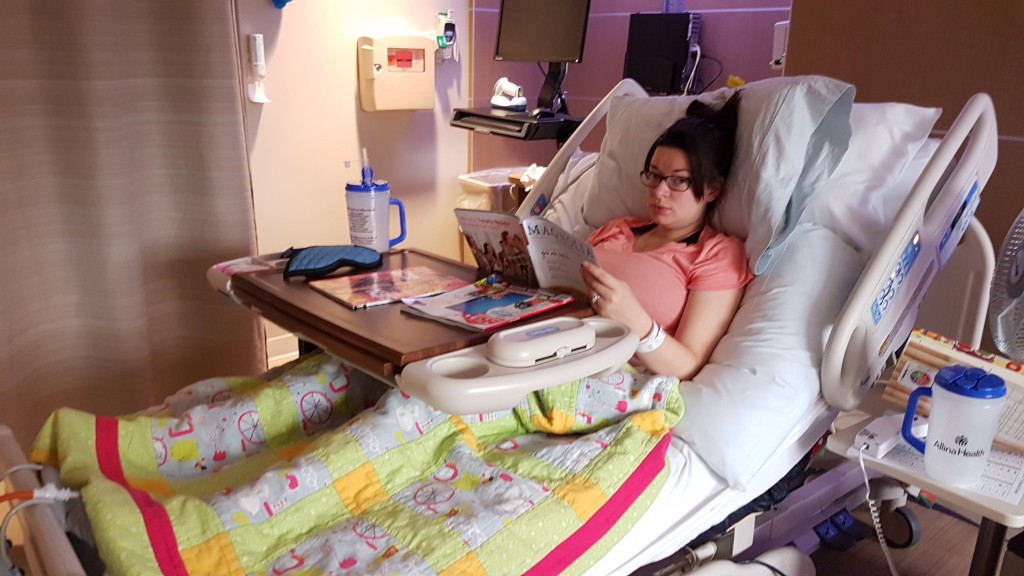
Although I was incredibly sick, in the interest of the baby’s health, we had to wait. My condition wasn’t yet perilous, so we waited until it was.
After 10 days of waiting, on the morning of August 27th, the doctors found that both my life and my baby’s life were in danger. There was absolutely no choice but to deliver.
Under the bright lights of the surgical room, I clutched to a pillow as I was given an epidural. The anesthesiologist laid me down on the table and drew a curtain to block the unsightly procedure, as my husband arrived, adorned in scrubs, to hold my hand.
To distract ourselves from the noise of the busy operating room, we talked about all the beautiful places we traveled together. We talked about the Alps of Switzerland, the oceans of Ireland, and the wonky trees in Poland. We talked about our home in Leipzig and how safe and happy we were there.
Then, in no time at all, the surgeon proclaimed the birth of our child. Our son, born happy and healthy, 11 weeks early. We breathed the heaviest sigh of relief when she asked us for his name.
“Aaron Zachary Markovitz,” my husband proudly declared.
After we briefly met our son for the first time by touching him on his hand, Aaron was whisked away to the neonatal intensive care unit (NICU) to be treated. While I was being stitched up, my husband followed Aaron and his care team. There, they intubated Aaron and put him on a breathing machine because he wasn’t receiving enough oxygen.
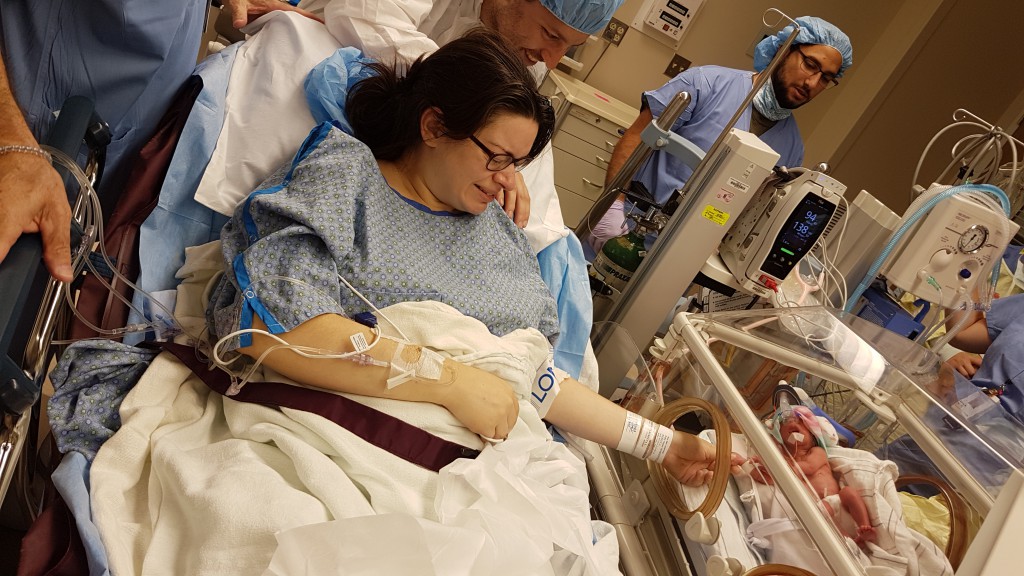
Thankfully, there were no signs of hemorrhaging or other trauma from his early birth. Other than his premature lungs, he was in perfect health. Aaron just needed to “incubate” in the NICU for a few weeks or months, until his lungs developed enough that he could breathe without assistance.
So again, we waited.
Aaron had his own room in the NICU, crowded by his medicinal drips, his heart monitor, his ventilator, his feeding apparatus, and his isolette – the little plastic covered crib that held him and kept him warm. My husband and I visited Aaron daily and held him as often as it was medically safe. Bare-chested, we would hold him skin to skin for maximum bonding. We could feel his warmth and his soft hair along with the thudding vibration of the breathing machine.
It was such an indescribable comfort to hold his precious body, just under one kilogram when he was first born. Day after day, we watched our baby grow and get stronger. We watched as he learned to open his eyes to the sound of my singing voice. We waited patiently for his vitals to improve so he could be weened from the ventilator and brought home.
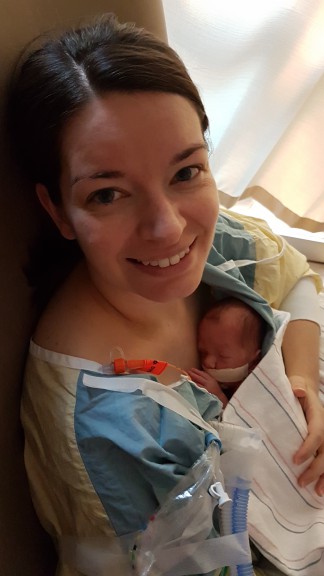
But inexplicably, his vitals didn’t improve.
His condition slowly worsened, so gradually that it was barely noticeable. The mechanical pressure of the life-saving ventilator caused scar tissue to form in his delicate lungs, making oxygen absorption increasingly more difficult.
Until, after 49 days of watching him grow and thrive, becoming ever more playful and alert, we were forced to watch him die. That morning, we walked into his hospital room as we always did, concerned but filled with hope, when the doctors told us that our son was not going to survive. Our hearts dropped. We held each other and wept.
We spent Aaron’s final day surrounding him with love. A photographer came to capture Aaron’s last moments with us. With Aaron cradled in our arms, he snapped pictures of our fragile little family sitting together on the hospital couch.
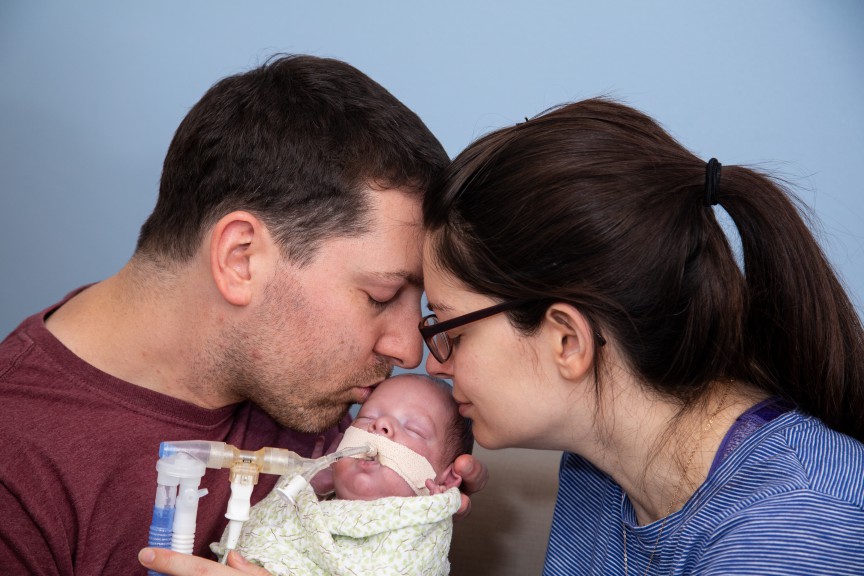
After the photographer left, we continued to hold our baby. My husband and I passed Aaron back and forth for hours, singing to him, crying over him, and telling him of the incredible life we’d wished for him. Then, in the arms of his father, he drew his last breath.
We held Aaron for 22 hours straight, and in that time, we showered him with the most intense love, a love to sustain a lifetime apart.
It has been three months since we said goodbye to our baby Aaron. Along with acquainting ourselves with our new city and our new home, we have been acquainting ourselves with a new emotion: grief. Aaron was sweet and intelligent, kind and playful – the most loving and amazing son. To live without him has been excruciatingly difficult.
In stark contrast to the life we had imagined for our family – exciting international adventures with our loving son – we instead leave stones at his grave as tokens of the places we’ve traveled without him.
We want Aaron to be remembered not for his tragically brief life, but for the immense joy he brought us in the short time we had together. Invigorated by our endless love for him, we have started a project to build a lasting legacy for our son, a memorial playground in our community.
It is our hope that Aaron’s Playground becomes a peaceful place that evokes feelings of fascination, excitement, and happiness in all of the local children who play there – the same feelings we’d wished Aaron would have been able to share on our family adventures together. For more information or to donate to the project, please visit aaronsplayground.org.


